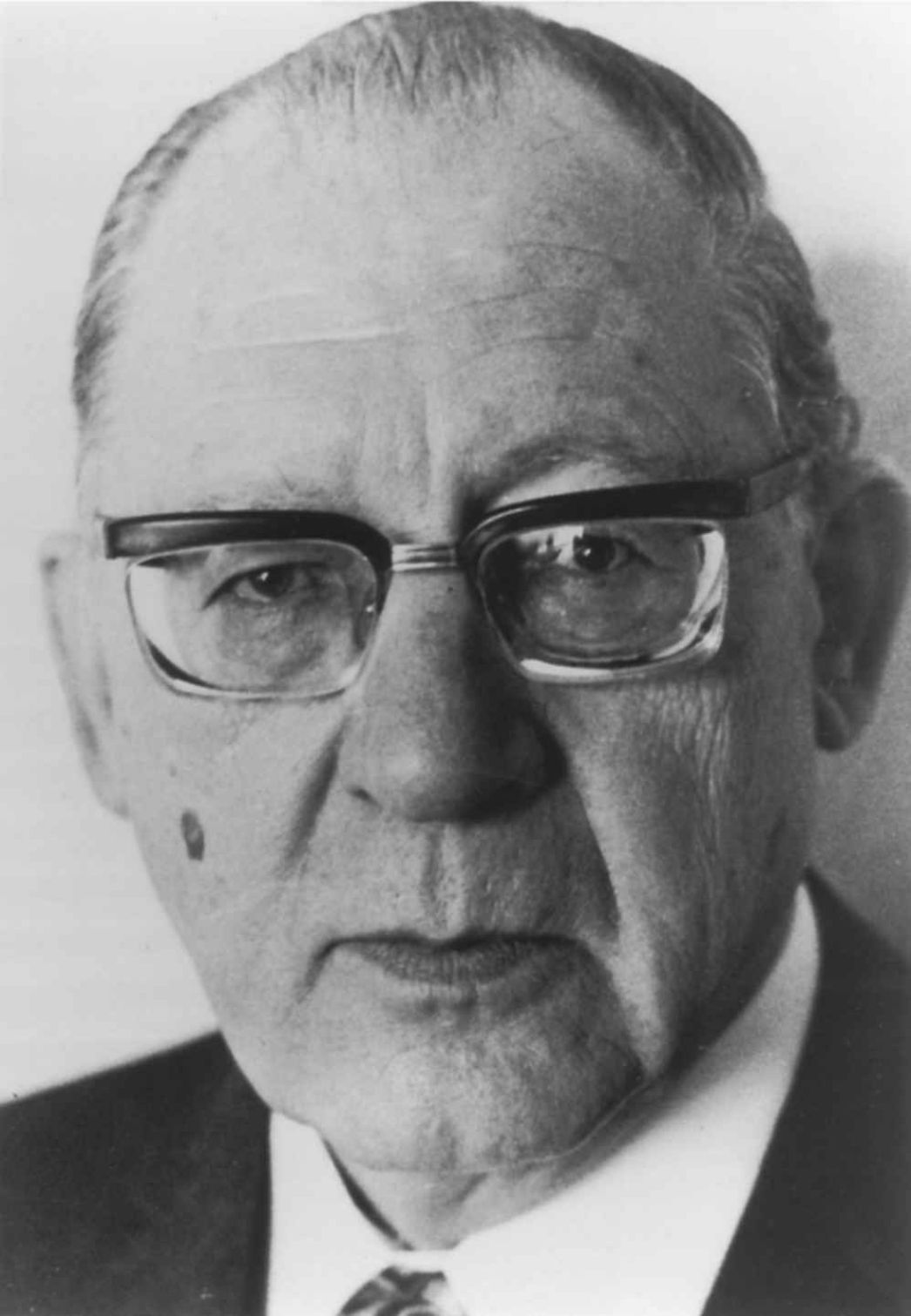
Eugen Kogon was born to a devoutly Catholic Austrian family in Munich on 2 February 1903. He studied national economics and sociology at the universities of Munich, Florence and Vienna. From 1927 to 1934 he worked as a writer, edited a Catholic weekly, and served as an adviser to the central commission of Christian trade unions in Vienna. He belonged to the circle around the sociologist Othmar Spann.
In 1936 and 1937, Kogon was arrested in Germany twice on charges of resistance to National Socialism. In March 1938 he was arrested in Austria. On 22 September 1939 he was committed to Buchenwald Concentration Camp, classified as a "political" and a Jew. He was transferred back and forth between Vienna and Buchenwald twice. In 1942 he became active in the resistance movement in the camp. In 1943 he worked as a clerk in the infirmary, then as private secretary to the SS physician Dr Erwin Ding-Schuler in
After liberation, Kogon wrote a report on the system of the German concentration camps for the Psychological Warfare Division of the Allied Headquarters. He later published this report as Der SS-Staat ("The SS State"). He was a co-founder of the German Christian-Democratic Union, in 1946 co-editor of the Frankfurter Hefte ("Frankfurt Notebooks"), from 1949 onward held various functions in the Union of European Federalists and later other organizations working for European integration. He served as a professor of political science at the Technical University of Darmstadt from 1951 to 1968; from 1963 to 1964 he directed the German television magazine Panorama.
Eugen Kogon died in Falkenstein in the Taunus Mountains of Germany on 24 December 1987.


